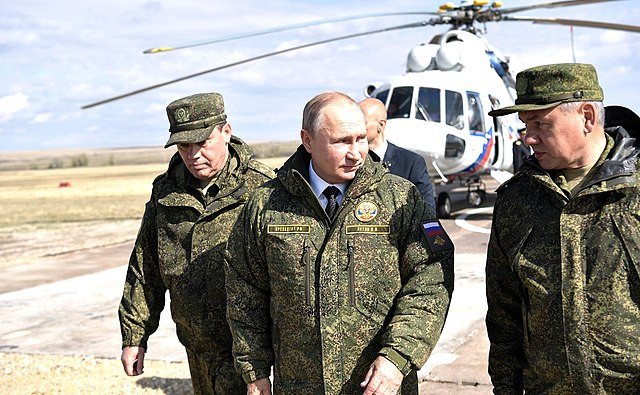Peace talks between Russia and Ukraine resumed Monday in Turkey under heavy strain, as Ukraine launched one of the most audacious attacks of the war on Russian strategic air power, hitting nuclear-capable bombers thousands of kilometers from the front lines. The assault, carried out with long-range drones across five Russian regions, destroyed over 40 warplanes, Ukrainian officials said.
The meeting, hosted at Istanbul's historic Ciragan Palace, marked the second round of direct negotiations since 2022. Turkish Foreign Minister Hakan Fidan opened the talks by stating: "We believe that you will achieve concrete results that will bring us one step closer to peace." He added that discussions would evaluate ceasefire terms, a possible leaders' summit, and further prisoner exchanges.
However, expectations remained low. Defense Minister Rustem Umerov led the Ukrainian delegation, some of whose members arrived in military fatigues. Vladimir Medinsky, a top aide to Russian President Vladimir Putin, headed Moscow's team. The session started nearly two hours late, and both sides arrived with competing draft agreements.
The weekend's aerial strikes underscored the rising stakes. Ukraine's drone offensive, described by Ukrainian President Volodymyr Zelenskyy as a "brilliant operation," targeted airfields across Russia's Arctic, Far East, and Siberia. Vasyl Maliuk, chief of Ukraine's security service, said the simultaneous strikes in three time zones had been in planning for over 18 months and dealt "a major slap in the face for Russia's military power."
In response, Russia launched its largest drone assault since the full-scale invasion began, firing 472 drones at Ukrainian territory, according to Ukraine's air force. Ukrainian defenses downed 52 of the 80 drones aimed at domestic targets overnight. Russia claimed to have shot down 162 Ukrainian drones over eight regions and Crimea.
Inside Russia, the damage prompted muted official reaction but harsh criticism from pro-war bloggers, who blamed the defense establishment for failing to adequately protect vital air assets. Phillips O'Brien, a professor of strategic studies at the University of St. Andrews, called the operation "a big blow to Russian strategic airpower," noting the size and vulnerability of the bomber fleet.
Ukrainian leaders believe the successful strikes may shift the diplomatic calculus. "Russia must feel what its losses mean. That is what will push it toward diplomacy," Zelenskyy said Monday at a summit in Vilnius with NATO's eastern flank countries.
Meanwhile, front-line fighting raged on. Russian shelling in Ukraine's southern Kherson region killed three and wounded 19 others, local officials said. Five more were killed in a separate missile strike near Zaporizhzhia. Ukraine, in turn, continued deep strikes across Russian-held territory, as both sides dig in for summer offensives.
The Istanbul talks follow a previous round on May 16, which yielded the war's largest prisoner swap-1,000 individuals exchanged on each side-but little substantive progress. U.S. President Donald Trump, frustrated by the lack of resolution, warned last week that Putin "has gone absolutely CRAZY!" as Moscow intensified its aerial campaign on Kyiv.
The Institute for the Study of War assessed Sunday that Russia "is attempting to delay negotiations and prolong the war in order to make additional battlefield gains." Zelenskyy, responding to the diplomatic stalemate, said that if talks in Istanbul bring no results, "strong new sanctions are urgently, urgently needed" against Moscow.






